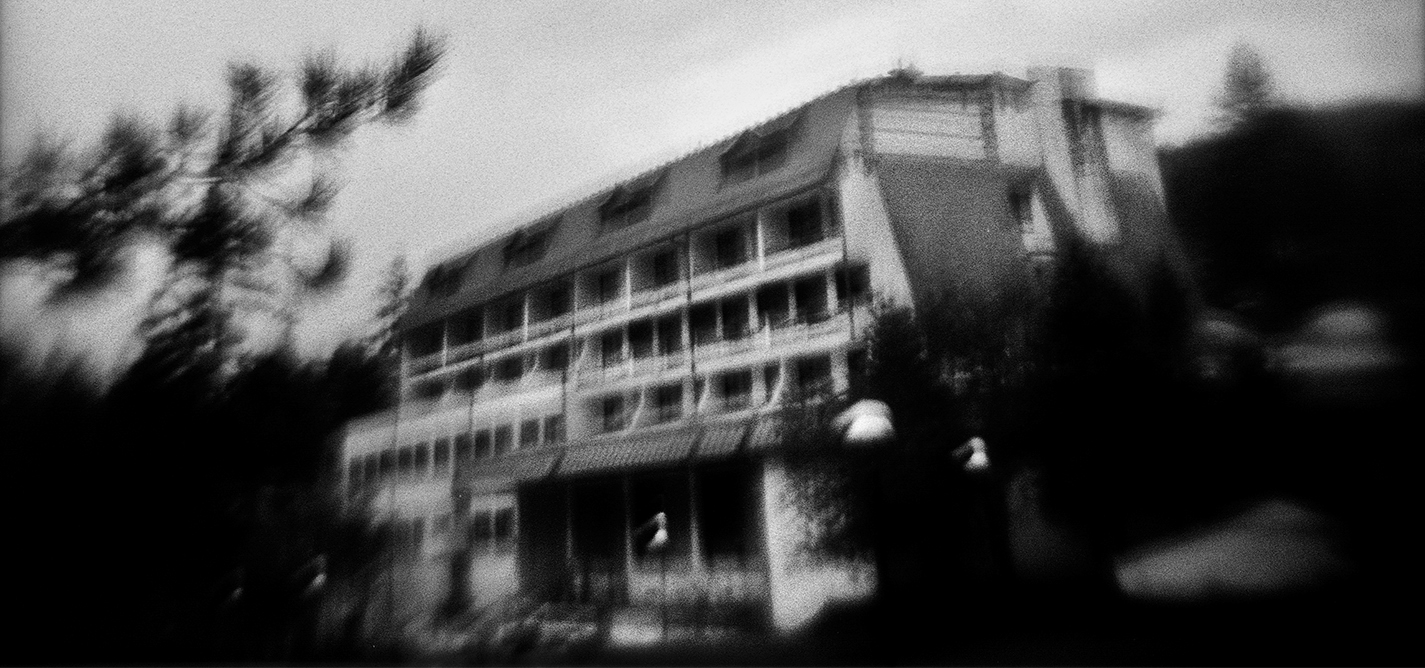
Remembering the Vilina Vlas women
What Višegrad’s wartime rape camp left behind.
As long as we use the term 'victims' these women will have to bear a stigma, and will be seen as weak.
“Then they started cutting my body. Everywhere. I still have the scars.”

Nidžara Ahmetašević
Nidžara Ahmetašević was K2.0’s regional editor. Nidžara has a Ph.D in media assistance in post conflict countries from the University of Graz, Austria. Her focus as a journalist is on media development in post-conflict countries, hate speech, human rights, feminism and migrations.
This story was originally written in English.